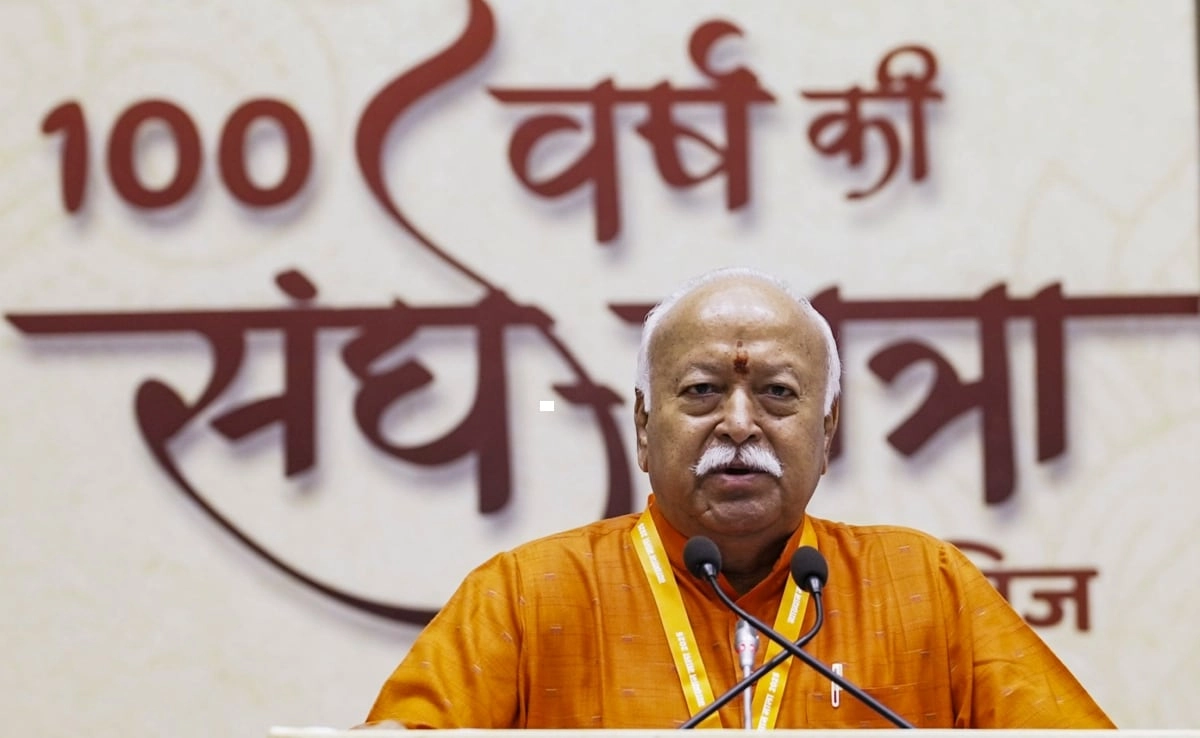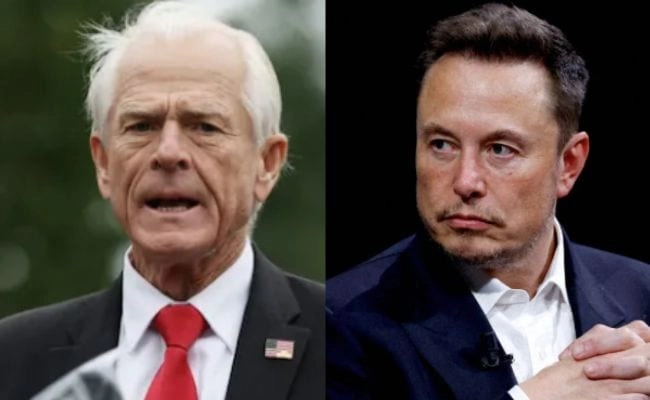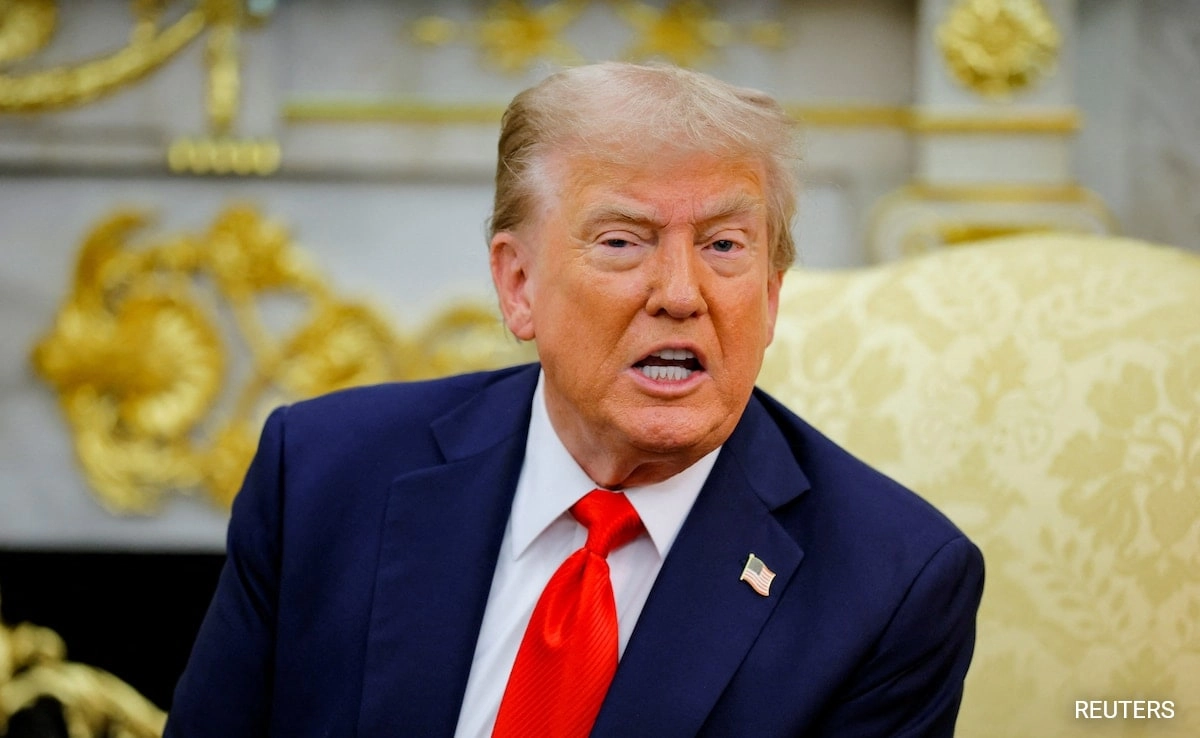RSS Chief Mohan Bhagwat has recently emphasized the importance of maintaining trade relations while advocating for a pressure-free environment, particularly in light of the ongoing tariff disputes. His remarks highlight the necessity for constructive dialogue and collaboration among nations, suggesting that trade should be conducted in a manner that fosters mutual respect and understanding. In an era where global trade dynamics are often influenced by political tensions, Bhagwat’s call for a pressure-free approach is significant. It underscores the need for countries to engage in negotiations that prioritize economic cooperation over confrontational tactics.
Bhagwat’s position comes at a time when tariff rows are creating friction between major economies, potentially disrupting established trade networks. He believes that a conducive atmosphere for trade can lead to enhanced economic growth and development, benefiting all parties involved. The RSS Chief’s perspective reflects a broader understanding that trade is not merely about tariffs and regulations but also about building relationships that can withstand pressures from external factors. This approach encourages nations to seek resolutions that are beneficial and equitable, ultimately leading to a more stable global economy.
Moreover, Bhagwat’s emphasis on a pressure-free trade environment resonates with the current global economic climate, where businesses are grappling with uncertainties and unpredictability. By advocating for open channels of communication and negotiation, he is promoting a vision where trade serves as a bridge rather than a barrier. This philosophy aligns with the idea that economic interdependence can lead to peace and stability, reducing the likelihood of conflicts arising from trade disputes. As countries navigate the complexities of international trade, Bhagwat’s insights serve as a reminder of the importance of collaboration and mutual benefit in fostering a prosperous global economy.




